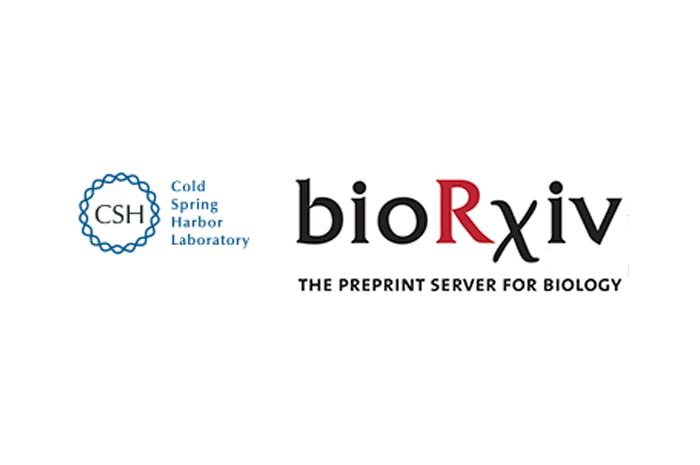Clinical trials of antidepressants show improvements in placebo groups of about 80% compared to the real treatment arm. The mechanism underlying this clinically important effect has been linked to goal-directed attentional control.
Here, the authors surrounding Stefanie Brassen investigated in detail how attentional resources and cognitive control influence the effects of positive expectations on emotional processing. Forty-nine healthy volunteers participated in a cross-over fMRI study, in which expectancy of mood improvement and emotional processing was induced by an alleged oxytocin nasal spray and verbal instruction. In the MR scanner, a spatial cueing paradigm manipulated attentional load on emotional face distractors.
Behavioral findings showed placebo treatment to improve mood and to reduce distractibility by fearful over happy faces, specifically when more attentional resources were available to process faces. This aligned with neural changes in activation and functional coupling in lateral prefrontal-limbic networks indicating an expectation-induced top-down regulation of aversive inputs. In addition, effects in behavior and prefrontal-parietal networks directly correlated with individual cognitive control. Our data show that expectations recruit top-down attentional selection and that this influence critically depends on individual control ability and attentional context.
These findings may be particularly relevant in patients with major depressive disorder, who often demonstrate a negativity bias and reduced cognitive control capacity.
The full preprint can be read and downloaded here.

